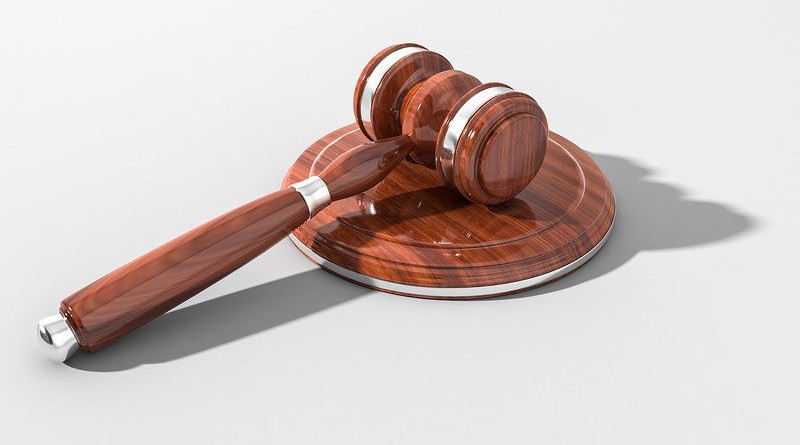India: Claims Judiciary Should Be In Lokpal Ambit
The Lokpal should cover the highest office in governments and also the judiciary of India, such that the institution can deliver its duty and responsibility to meet the expectation of huge populace of the country, argues Prasant Bhusan, an eminent lawyer in Supreme Court of India. Addressing a gathering of human rights activists in New Delhi, Mr Bhusan also argues that thousands of false cases are being registered against rights activist, advocate, journalists, peoples from minority and tribal communities though out the country to keep their voices down.
“But in most cases the activists do not get justice from the courts. And surprisingly we cannot question the judicial system in our country, because Indian judiciary is accountable to none. A section of judges even start thinking themselves as Kings of modern time who indulges in corruption taking advantages of impunities provided by the present system. So we are insisting that the judiciary should be brought under the Lokpal,” added Mr Bhusan, who is a member of Anna Hazare’s core team.
Meanwhile various speakers at the consultation meeting on human rights in the national capital emphasized for a stronger and affective national network to pursue the movement for defending legal human rights. Reposing faith on the judiciary of India, most of the speakers argue that a systematic attack has been perpetuated by the authority and the situation is turning bad to worst. They have also insisted that National Human Rights Commission (of India) should be empowered to take timely actions to upheld the rights of the citizens of the country.
Some other speakers, while addressing the consultation meeting, which was organized by the Human Rights Law Network and the World Sikh Organization in collaboration with various other organizations at India Islamic Cultural Centre, Lodi Road on November 19 and 20, 2011, highlighted the recent attacks on Right To Information activists through out the country and cautioned that the government is pursuing for some changes in RTI act (with an aim to dilute the law). The role of Press Council of India was also discussed and it was urged that the PCI should be empowered to monitor the activities of a section of newspapers that manufacture news with distorted facts.
Expressing concern at the deteriorated human rights scenario of the country, veteran social activist Dr Binayak Sen admits that the Indian judiciary system has to deliver amidst high expectations of people. “A tendency has been grown by the authority and governments in our country to term the human right activists as anti-national. So many of them are arbitrarily subjected to threat, harassment, jailing and even killing,” Dr Sen, who was jailed for many months following accusation of being an anti-national.
Delivering the key-note address Paramjeet Kaur, widow of advocate Jaswant Singh Khalra — a victim of Punjab police extra-judicial killing — argued that the movement of Punjab was projected in a biased manner by the government. Later it was added with a religious twist. The movement in early Ninety in Punjab has snatched away the live of at least 25,000 youths. The government initially tried to hide the information but advocate Khalra disclosed the facts to the media.
Ms Kaur also mentioned the name of KPS Gil, former Punjab police chief, who masterminded the extra judicial killings. She termed the super cop as a killer of thousands of Punbai youths in the name of counter terrorism operations in the State. Shocked in emotion, Ms Kaur expressed her displeasure that Mr Gill was not punished but awarded later by the government.
Others who spoke in the meeting include Kavita Srivastav, Henry Tiphagne, Iftikhar Gilani, Teesta Setalvad, Harish Dhawan, Mukul Sinha, Suhas Chakma, Shoma Choudhury, Shailesh Gandhi, Santosh Koli, Irom Singhajeet, Rose Marry, Babloo Laitongbam, Advocate Phoolka, RS Bains, Navkiran Singh, Arshad Andrabi, GN Shaheen etc.
“Human rights activists have come under repeated attacks recently. Right to Information activists have been killed and many have had cases filed against them. Journalists have been jailed in criminal defamation cases, have been attacked, some of them killed, and media houses have had their offices ransacked.
Tribal activists particularly in conflict areas have been hounded by the police and many of them are in jail today,” said Colin Gonsalves of HRLN, which is a collective of lawyers and social activists dedicated to the use of the legal system to advance human rights in India and the sub-continent.

